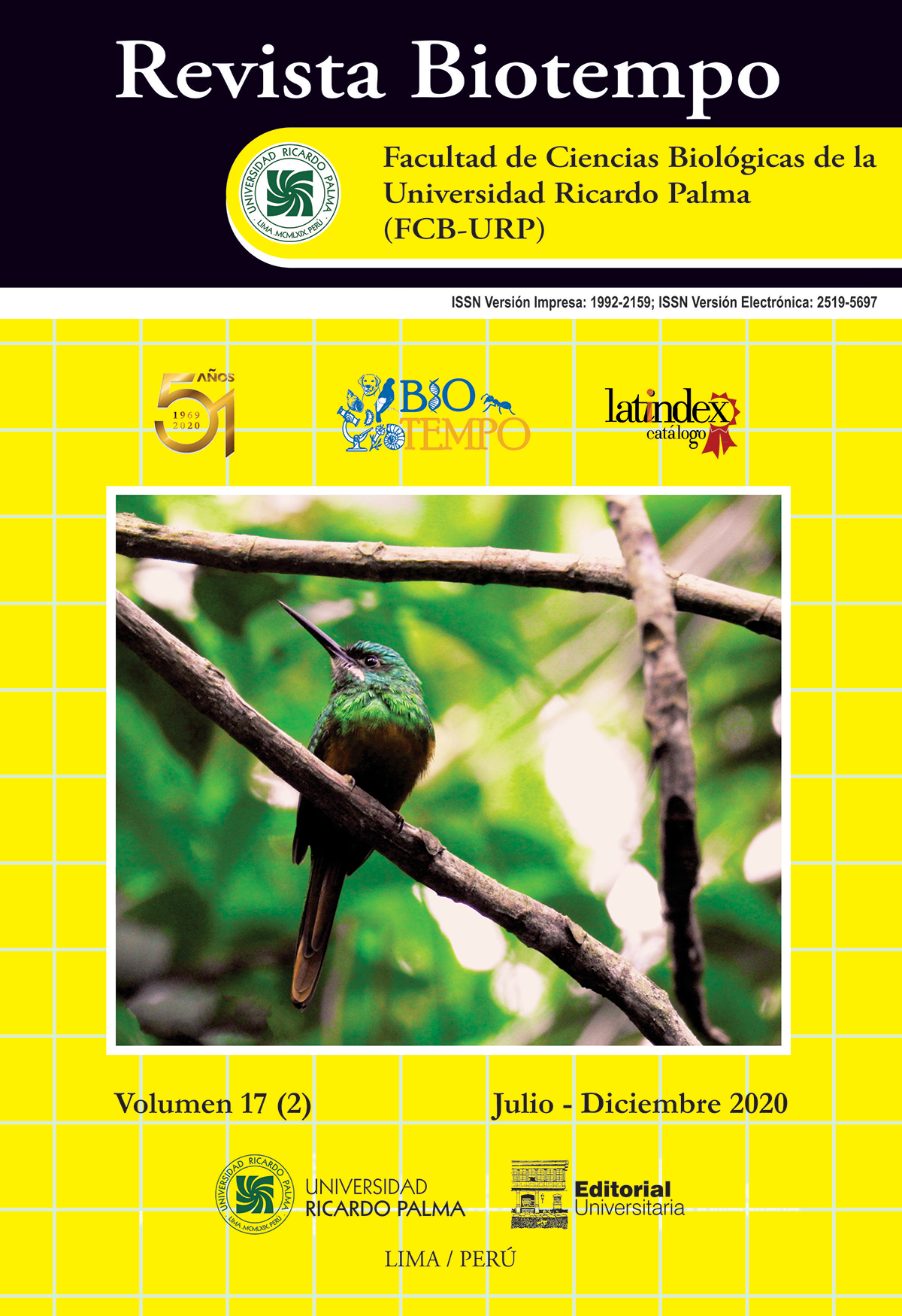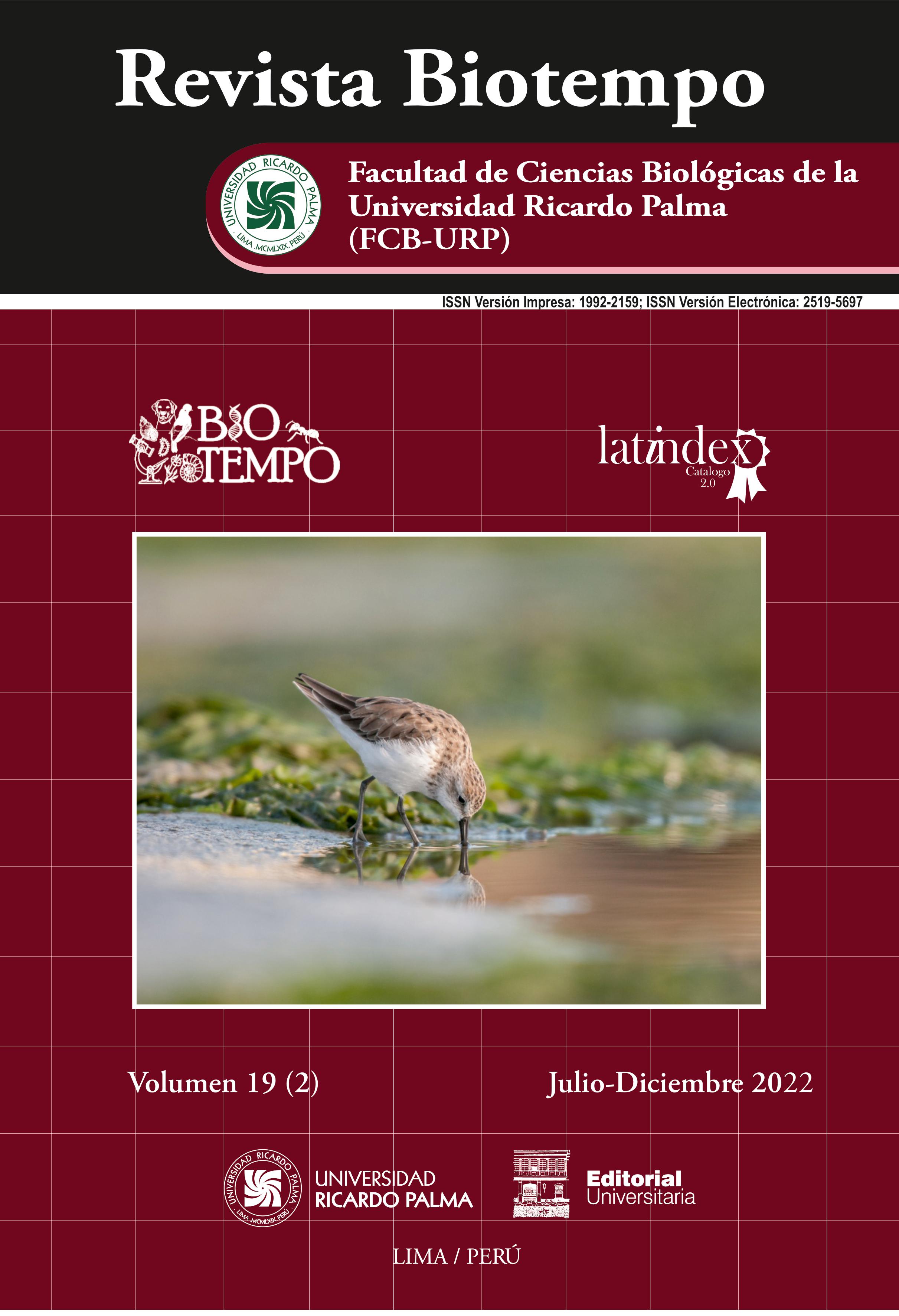THE INFLUENCE OF TOURISM, ECOLOGICAL MANAGEMENT PRACTICES, AND THE SOCIAL PERSPECTIVE DURING THE OBSERVATION OF SEA LIONS (ZALOPHUS CALIFORNIANUS) (LESSON 1828) IN MAZATLÁN, MÉXICO
DOI:
https://doi.org/10.31381/biotempo.v17i2.3182Keywords:
ecotourism, Mazatlán, Mexican Pacific, sea lion, scientific tourism, Zalophus californianusAbstract
Mazatlán Bay is located in the northwest of the Mexican Pacifi c Ocean; it is a popular place for national and international beach vacations. Th ere is a small colony of sea lions, Zalophus californianus (Lesson, 1828) in an area called “Roca Tortuga (RT)” which is included in a protected natural area 2 km from the coast and is considered a tourist attraction. Recreational boats carry out visitor encounters and therefore come into close contact with sea lions. However, there is no direct control over tourist visits to the colony during the high season. Th e objective of this research was to evaluate the experience of tourists in this colony. Surveys were used to analyze the tourist perception towards the conservation of sea lions and direct observations (tourist-sea lion interactions) were made to validate the results. Less than 15% of people received some kind of information about the biology or conservation of sea lions. Th is research attempts to suggest tourism management actions to reduce the possible impacts of human presence on sea lions resting on the rock, including limiting the total number of visitors, limiting the number of the boat at peak times of visits, implementing an ecotourism guide that understands the importance of this marine mammal education program, protecting this species of marine mammal, and establishing a stronger government presence at the site. Assessing local wildlife populations is highly relevant to achieving eff ective conservation goals; however, it is diffi cult to carry out adequate evaluations when the study sites are the places of tourist visit which are diffi cult to access and when this species is constantly subjected to vulnerable to human disturbance during tourist observations.










